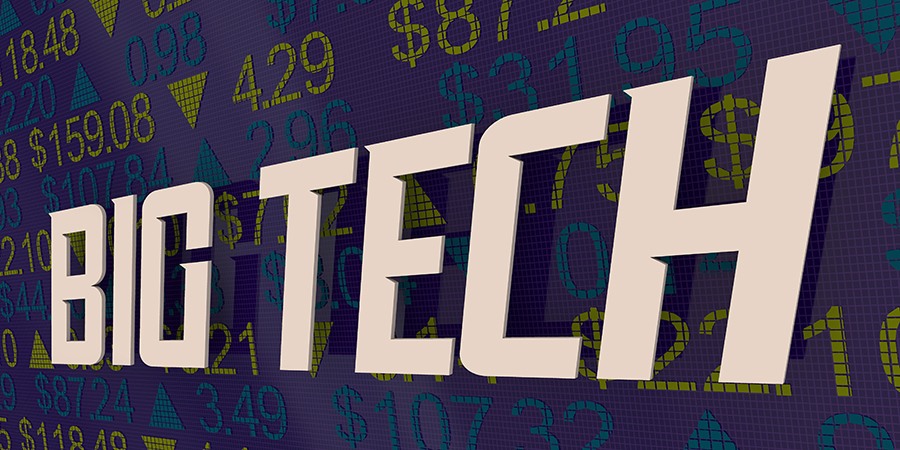Big tech platforms such as Meta and Alphabet are placing their bets on building up the future and planning significant changes to bolster efficiency in a tough economic environment.
"We're approaching 2023 with a focus on prioritization and efficiency that will help us navigate the current environment and emerge an even stronger company," said Meta chief Mark Zuckerberg.
Facebook’s parent company, Meta, saw its profit more than halve to $4.4 billion in the third quarter from $9.2 billion a year earlier. Meta was set to lose about $78 billion in market value as shares sank 20%, trading at $97.94 at the time of writing, which is their lowest price since February 2016.
"While we continue to navigate some challenging dynamics — a volatile macro economy, increasing competition, ad signal loss and growing costs from our long-term investments — I have to say that our product trends look better," Zuckerberg told analysts on an earnings call.
Zuckerberg said that while tightening its belt, Meta will focus on its artificial intelligence that powers recommendations at offerings — such as the short-form video feature Reels — as well as its vision for the metaverse.
One analyst commented that Zuckerberg's decision to focus his company on the future promise of the metaverse “took his attention away from the unfortunate realities of today." These include foreign competition such as TikTok, which is eroding the advertising business, and a lack of clarity about when the massive spending would pay off.
Meanwhile, Google’s parent company, Alphabet, also had quarterly earnings that fell short of market expectations. Aside from one period at the start of the COVID-19 pandemic, this marks the weakest revenue growth at Alphabet since 2014.
Alphabet and Google chief Sundar Pichai said on an earnings call that he sees this as a moment when "you take the time to optimize the company to make sure we are set up for the next decade of growth ahead."
Like Meta, Alphabet is also looking to invest further in artificial intelligence, transforming its offerings and putting resources in areas like life sciences (Verily) and self-driving cars (Waymo).
The growing demand for AI to enable the digital universe is anticipated to continue, with tech giants under huge pressure to deliver on where they place their money.










